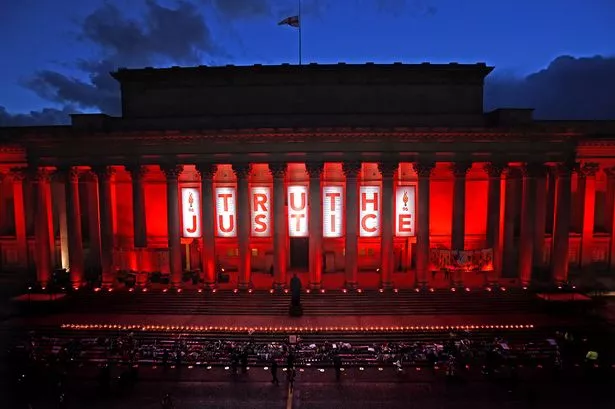The Joint Committee on Human Rights has supported calls for a ‘Hillsborough Law’ to ensure that the government meets its human rights obligations, saying current proposals ‘do not go far enough.
The proposed ‘Hillsborough Law’ is designed to increase the effectiveness of inquests and inquiries. It would have three components – a statutory duty of candour on public authorities; legal funding for bereaved families; and the creation of an independent Public Advocate.
The Joint Committee noted that ‘institutional defensiveness remains a problem for public authorities’, hindering efforts to establish the truth after major disasters. Existing proposals, such as in the Criminal Justice Bill rely on internal disciplinary processes, which would be difficult to enforce.
The Committee recommended a statutory duty of candour applying to all public authorities, obliging them to proactively assist legal proceedings and act in the public interest. The recommended duty should be reinforced by threat of criminal sanction.
The Committee also addressed legal aid for bereaved families after major incidents. Presently, this is only provided under Exceptional Case Funding, which was available only for 750 of the 36,000 investigated deaths last year. Most families were left unrepresented against government-funded lawyers, leaving them ‘traumatised, bereaved and confused’.
The Committee recommended that non-means-tested legal representation be made available whenever the state has is represented. This representation should be proportionate to the government’s own legal representatives, to ensure equality of arms.
Thirdly, the committee recommended the establishment of an independent Public Advocate. This role would assist the victims of major incidents through the legal process which follows. Such proposals are included in the Victims and Prisoners Bill, presently advancing through parliament in advance of the general election. The committee recommended that a Standing Advocate be appointed within 3 months of the bill’s passage, and individual advocates within 72 hours of any major incident.
The Committee stated that these proposals are necessary to support the government’s human rights obligations, under articles 2 and 3 – the right to life, and the prohibition on degrading and inhuman treatment. Taken together, these oblige the state to investigate deaths promptly and effectively.
The Committee approved of the Government’s signing of the Hillsborough Charter and commitment to transparency in public service, but ‘it has taken too long to reach this point’. While some aspects of the Hillsborough Law appeared in other legislation, ‘they do not go far enough’.
There are currently 17 ongoing public inquiries. Approximately 35,000 inquests take place a year.







